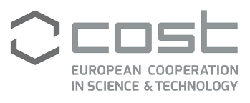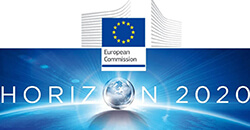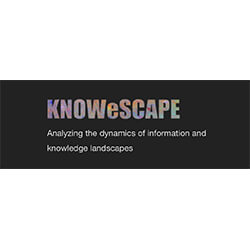There is no escape from the expansion of information, so that structuring and locating meaningful knowledge becomes ever more difficult. This project will tackle this urgent problem using the unique networking and capacity-building features provided by the COST framework. For the first time, a platform will be created where information professionals, sociologists, physicists, digital humanities scholars and computer scientists collaborate on problems of data mining and data curation in collections. The main objective is advancing the analysis of large knowledge spaces and systems that organize and order them. The combination of insights from complexity theory and knowledge organization will improve our understanding of the collective, self-organized nature of human knowledge production and will support the development of new principles and methods of data representation, processing, and archiving. To this end, the knowledge organization in web-based information spaces such as Wikipedia as well as collections from libraries, archives, and museums will be studied. KnowEscape aims to create interactive knowledge maps. Their end users could be scientists working between disciplines and seeking mutual understanding; science policy makers designing funding frameworks; cultural heritage institutions aiming at better access to their collections; and students seeking a first orientation in academia.



